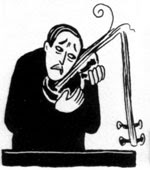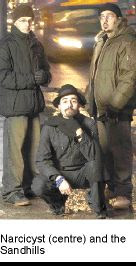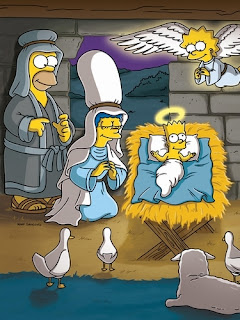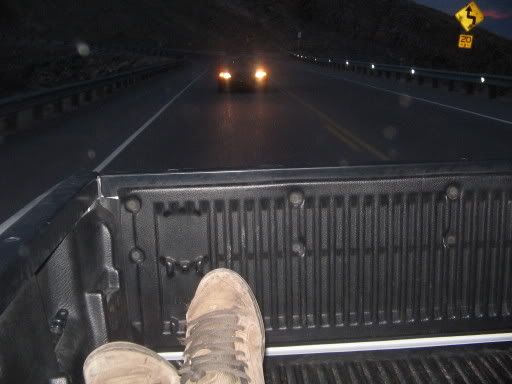
Chicken With Plums is another graphic novel by Marjane Satrapi. This one takes place in the 1950s and follows the last few days of a man's life named Nasser Ali Khan, a musician. He is unhappy with his life and decides to commit suicide, and the book describes his thoughts during his last days alive. Nasser leaves his family and goes into isolation after his wife broke his tar, and Iranian string instrument similar to a guitar. He had been fighting with his wife for a while, and eventually admits that he never loved her. He was in love with another girl when he married her, but that girl's father wouldn't let her marry a musician. Nasser is visited by different family members during his isolation, each one bringing up one memory or another. It's interesting in the graphic novel; whenever he has one of these flashbacks, the background is black in the pictures, then changes back to white in the present. He recalls his mother's death as contemplates suicide, whom he had kept alive through his prayers. she found out he was doing so and told him to stop, because she was suffering, then she died. He wondered if someone was keeping him from dying as well, and someone was. It was his youngest daughter, Farzeneh. Farzeneh was his favorite child.
At the end of the story, Nasser is greeted by the angel of death. They have a conversation about why death hasn't taken him yet, to Nasser's disappointment. Nasser runs into a woman on the street with her granddaughter, who has a striking resemblance to his first love. He asks her name, and it's her, but she says she doesn't remember him. She walks away crying, knowing it was him. Nasser ends his life and the last page of the book is a picture of the angel of death.
I enjoyed Persepolis 1 & 2 very much, so I was excited to read this one. It did a great job of describing Nasser's thoughts and memories just before committing suicide. Though a great story, in the end it was quite sad.














